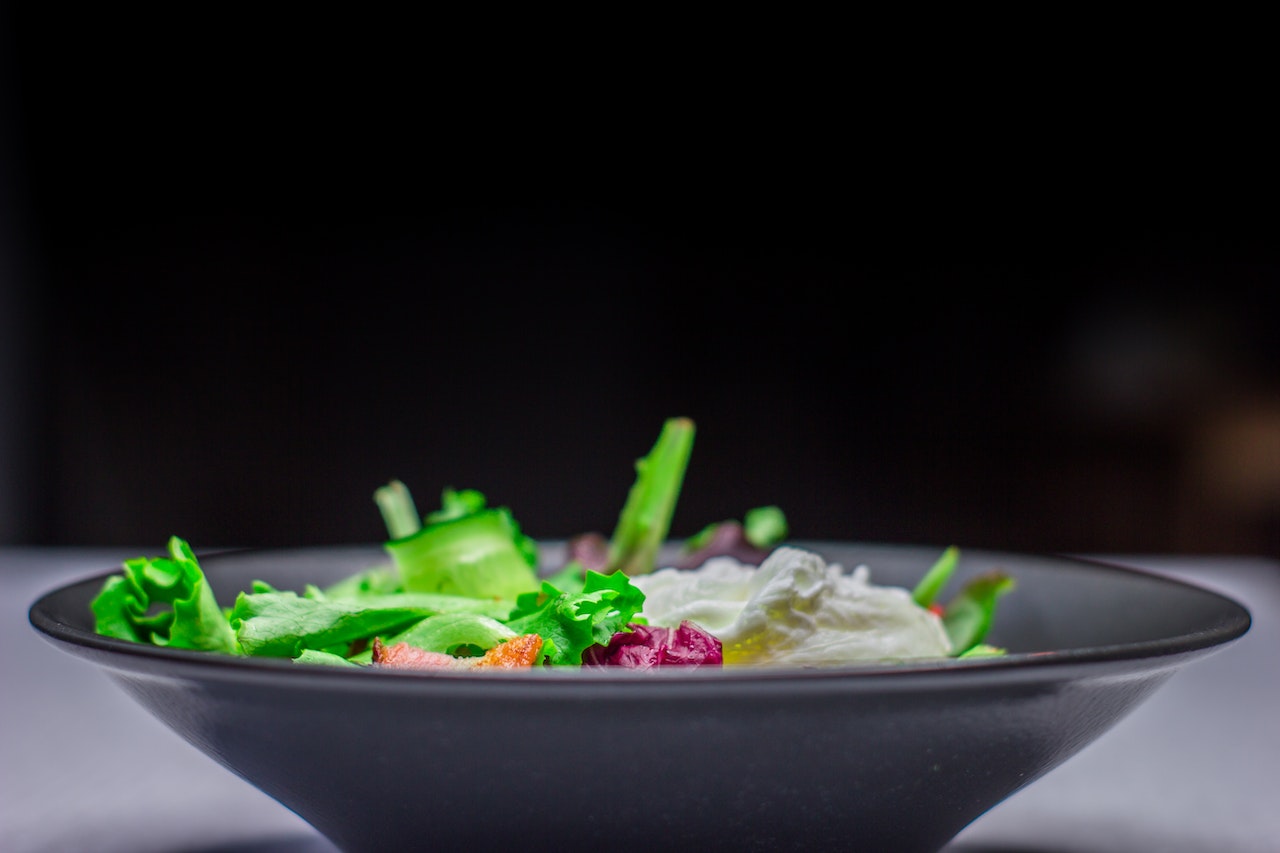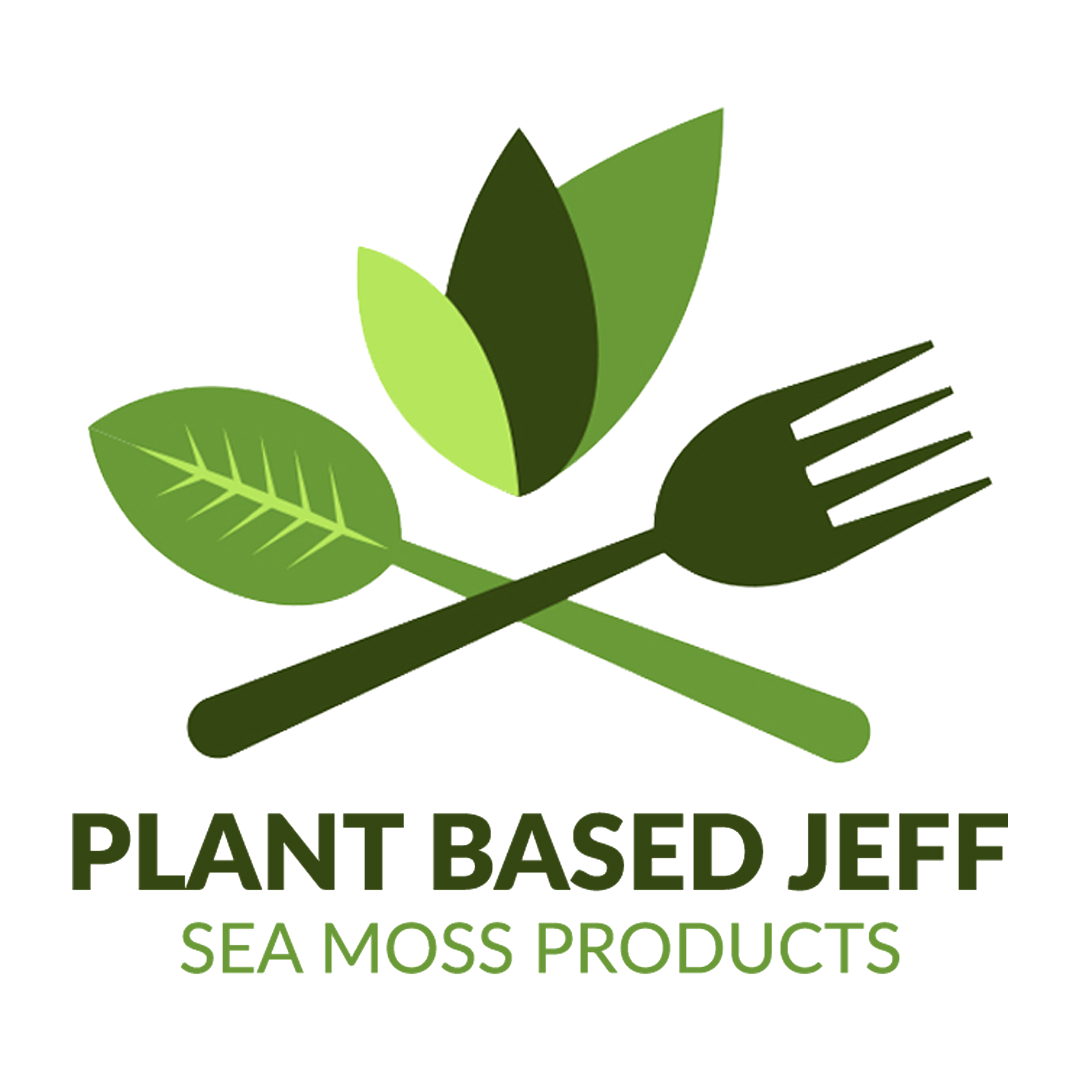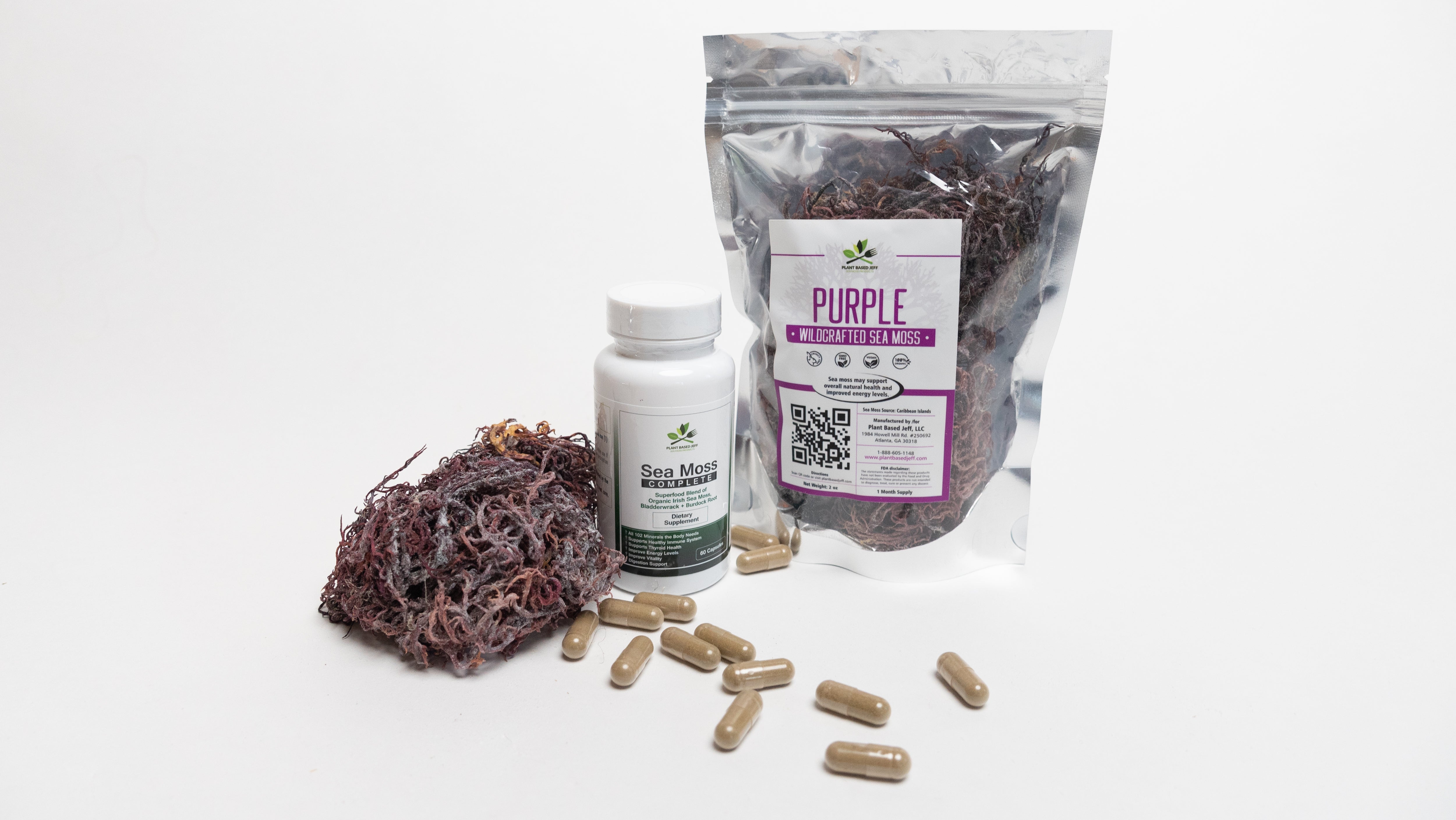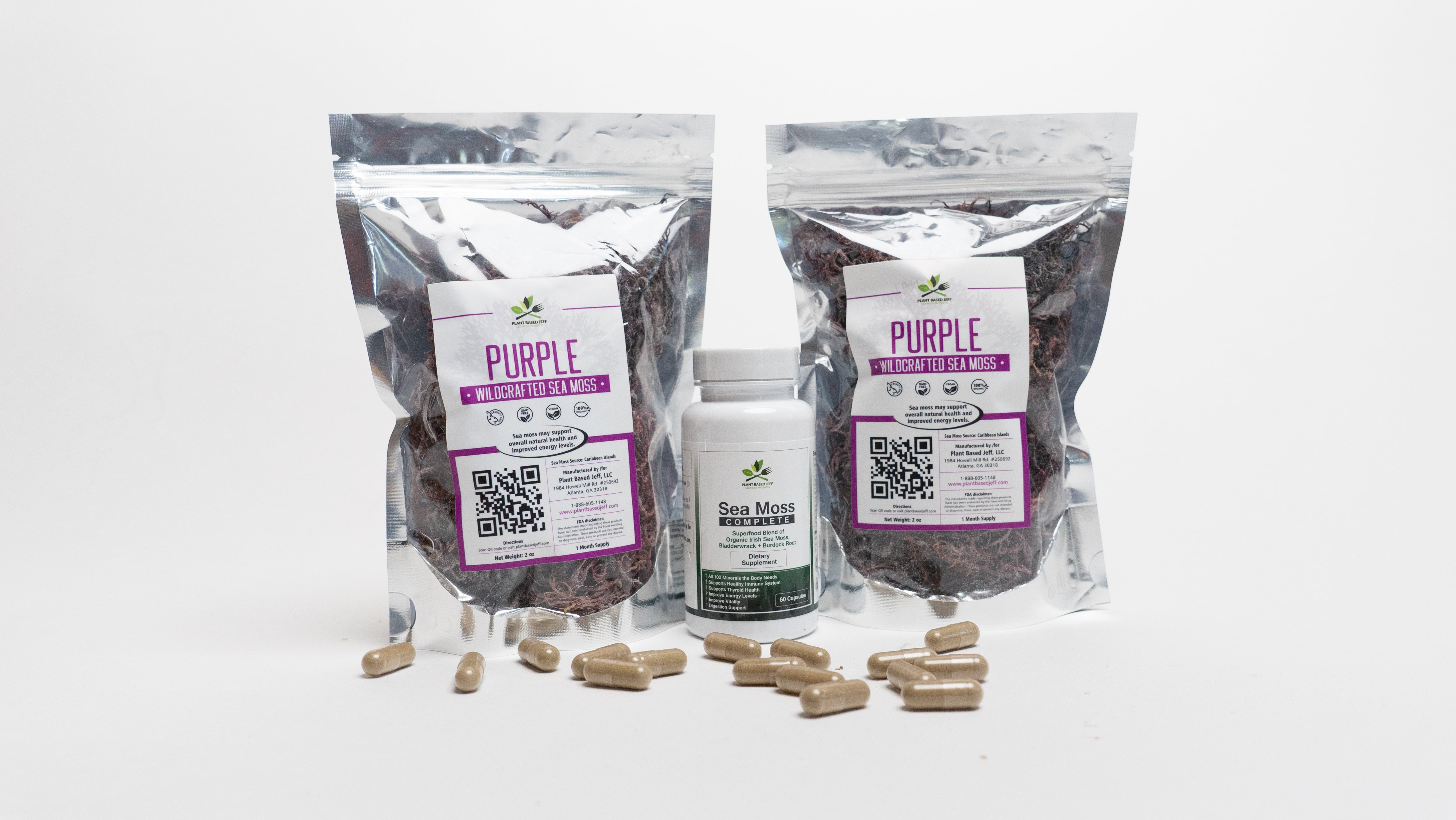
A Short Guide on How to Get Started on a Plant-Based Diet
Plant-based diets may have begun as a trend. But today, it is a growing movement that encourages more and more people to eat healthier and more sustainably. The diet can include fruits, vegetables, grains, beans, nuts, and even alternative "meat." Some people who follow a plant-based diet eat dairy and eggs, but many do not. These days, people have their reasons for going plant-based.
Some people do it for their health. Plant-based diets have been said to lower the risk of heart disease, diabetes, and even some types of cancer. Others do it to reduce their environmental impact, as animal agriculture is a leading cause of greenhouse gas emissions.
Whatever the reason, a plant-based diet can be healthy and sustainable. But how do you make the switch? In today's article, let's explore how you can switch to a plant-based diet safely and successfully. Here's what you need to know:
Go Slow and Steady
Whenever you're making any dietary changes, it's essential to take things slowly. Do not shock your body by making drastic changes all at once. Instead, make small changes over time and listen to your body as you go. This will help you avoid any adverse reactions and ensure you get all the nutrients you need.
Eat More Vegetables
A plant-based diet can have many benefits, including improved health and a smaller environmental footprint. If you're interested in transitioning to a plant-based diet, increasing the amount of vegetables you eat is an excellent place to start.
Vegetables are a key component of a plant-based diet and offer a wide range of nutrients essential for good health. They're also low in calories and fat, making them a great choice if you want to lose weight.
If you're not used to eating a lot of vegetables, it can be helpful to start slowly. Add an extra serving of vegetables to a few meals each week, and gradually increase the amount you eat over time. You may also want to try new vegetables or find ways to make the vegetables you enjoy more exciting. For example, try roasting or grilling vegetables instead of boiling them or adding them to soups, stews, or casseroles.
Cook and Prep Your Food
Nothing helps to build a plant-based diet better than cooking your food. It is a great way to make sure you are getting the nutrients your body needs, and it also allows you to control what goes into your food.
When you cook your meals, you can control the quality of the ingredients and how they are prepared. This is especially important when it comes to plant-based foods, which can sometimes lack nutrients. By cooking your meals, you can make sure you are getting the most out of your food.
In addition, cooking your food is a great way to save money. Eating out all the time can be expensive, and it is often not as healthy as cooking your meals. When you cook at home, you can control the portion sizes and the ingredients, which can help you save money in the long run.
The Bottom Line
A plant-based diet can have many benefits, including reducing your risk of chronic diseases like heart disease, stroke, and diabetes. It can also help you lose weight and maintain a healthy weight. If you're thinking of transitioning to a plant-based diet, work with your doctor or a registered dietitian to make sure you're getting all the nutrients you need.
Plant Based Jeff is the top sea moss provider and plant-based transition coach. A one-stop shop for all-natural products such as Wildcrafted sea moss, sea moss capsules, e-books, and courses. If you are looking for the best sea moss, you’re in the right place. Get 15% off your purchase when you sign up for the newsletter today!



Leave a comment
This site is protected by hCaptcha and the hCaptcha Privacy Policy and Terms of Service apply.